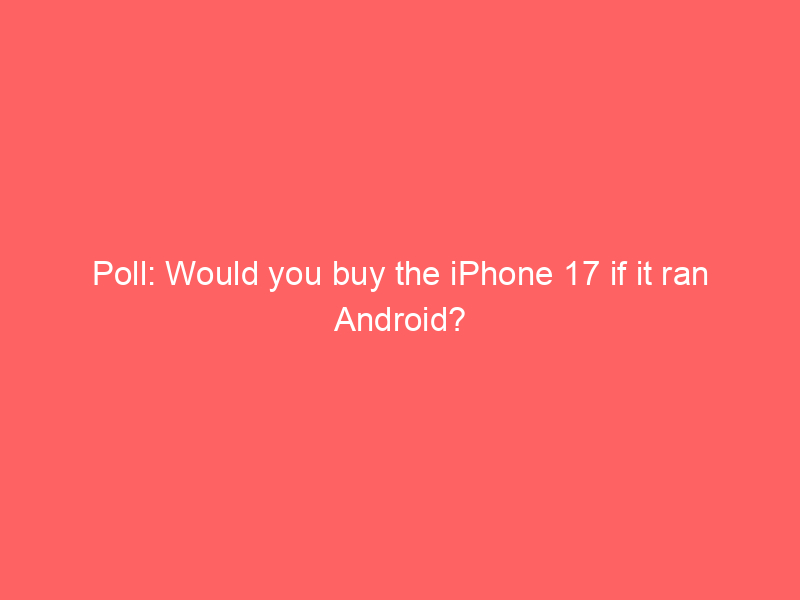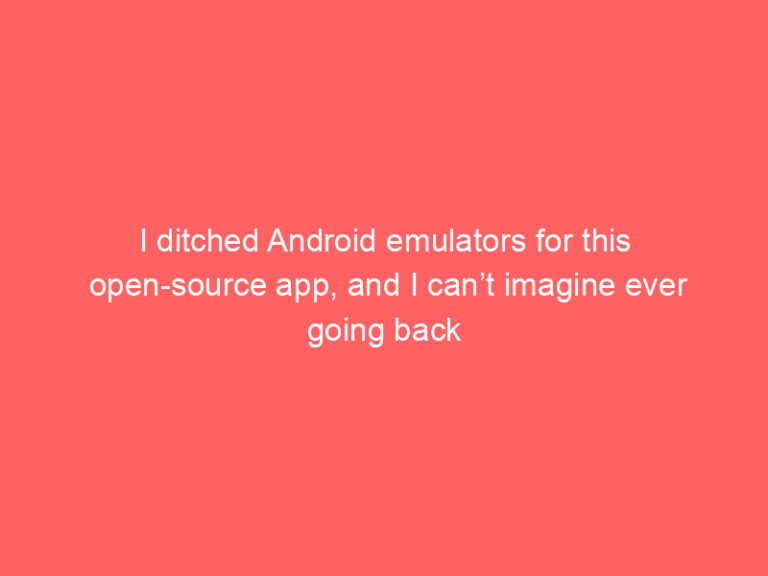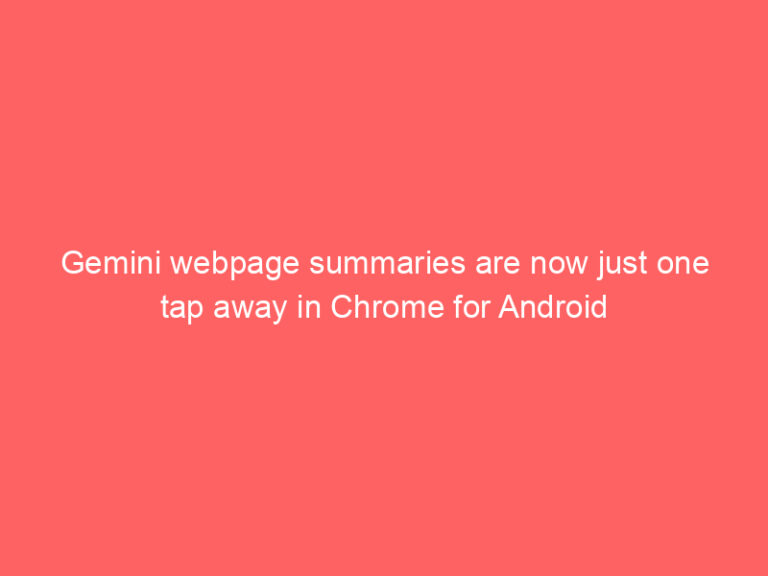
The iPhone 17: Android or Apple? The Poll is In
The latest iPhone 17 lineup has officially landed, but a question remains: would you buy it if it ran Android?
This poll, conducted by TechRadar, taps into the ever-growing debate about Apple’s future direction. With Android phones gaining significant market share, the question is sure to spark lively discussion.
The Shifting Landscape: Android’s Rise to Power
For years, iOS held an almost iron grip on the mobile device market. However, Android’s aggressive marketing and the release of affordable alternatives like the Pixel 7a have chipped away at Apple’s market dominance.
As a result, Android phones now boast features and performance that can rival Apple’s. This trend has forced Apple to reevaluate its own strategy, with the introduction of the M1 chip in the iPhone 17 series being a testament to the company’s effort to stay ahead.
The Appeal of an Android iPhone 17
Despite the growing presence of Android devices, there’s no denying the convenience and familiarity that iOS offers. The iPhone 17 Pro, with its stunning display and powerful performance, might be a compelling choice for many users.
Here are some reasons why someone might be tempted to switch to an Android phone:
* Affordability: Android phones, especially those from reputable brands like Samsung and Google, are significantly more affordable than Apple’s premium devices.
* Software and security updates: Android phones often receive software updates for longer periods than iOS devices, ensuring you’ll be protected from security vulnerabilities.
* Wide app compatibility: Android phones enjoy access to a vast library of apps and games, including popular titles from Google Play Store.
* Greater customization options: Some Android phones offer greater customization possibilities compared to iOS devices.
The Concerns of an Android iPhone 17
While Android phones might be more budget-friendly, there are also some significant drawbacks to consider:
* Software limitations: Android’s software is not as polished as iOS, and you might encounter occasional glitches and compatibility issues.
* Limited ecosystem: The absence of exclusive features and limited access to exclusive apps can be frustrating for some users.
* Battery life: Android phones often have shorter battery lives compared to their iOS counterparts.
Conclusion
The iPhone 17 marks a significant turning point for Apple. The introduction of an Android-powered iPhone could be a game-changer for those seeking an affordable yet powerful device. However, it’s important to weigh both sides of the argument before making a decision.
Ultimately, the choice between an iPhone 17 and an Android phone comes down to personal preference. If you value simplicity, performance, and a familiar ecosystem, the iPhone 17 might be the perfect choice. But if you’re on a tight budget or prioritize features and security, an Android phone might be the better option.
As technology continues to evolve, the debate between Apple and Android will surely intensify. Keep an eye on the latest news and developments, as the battle for mobile dominance continues to unfold.







